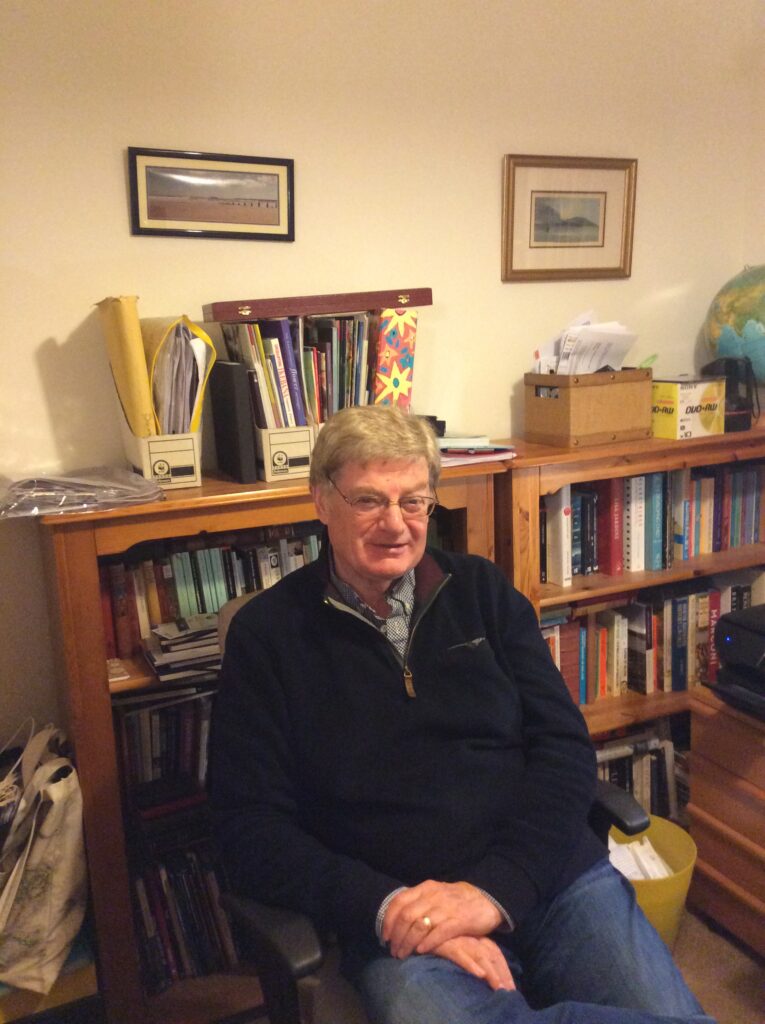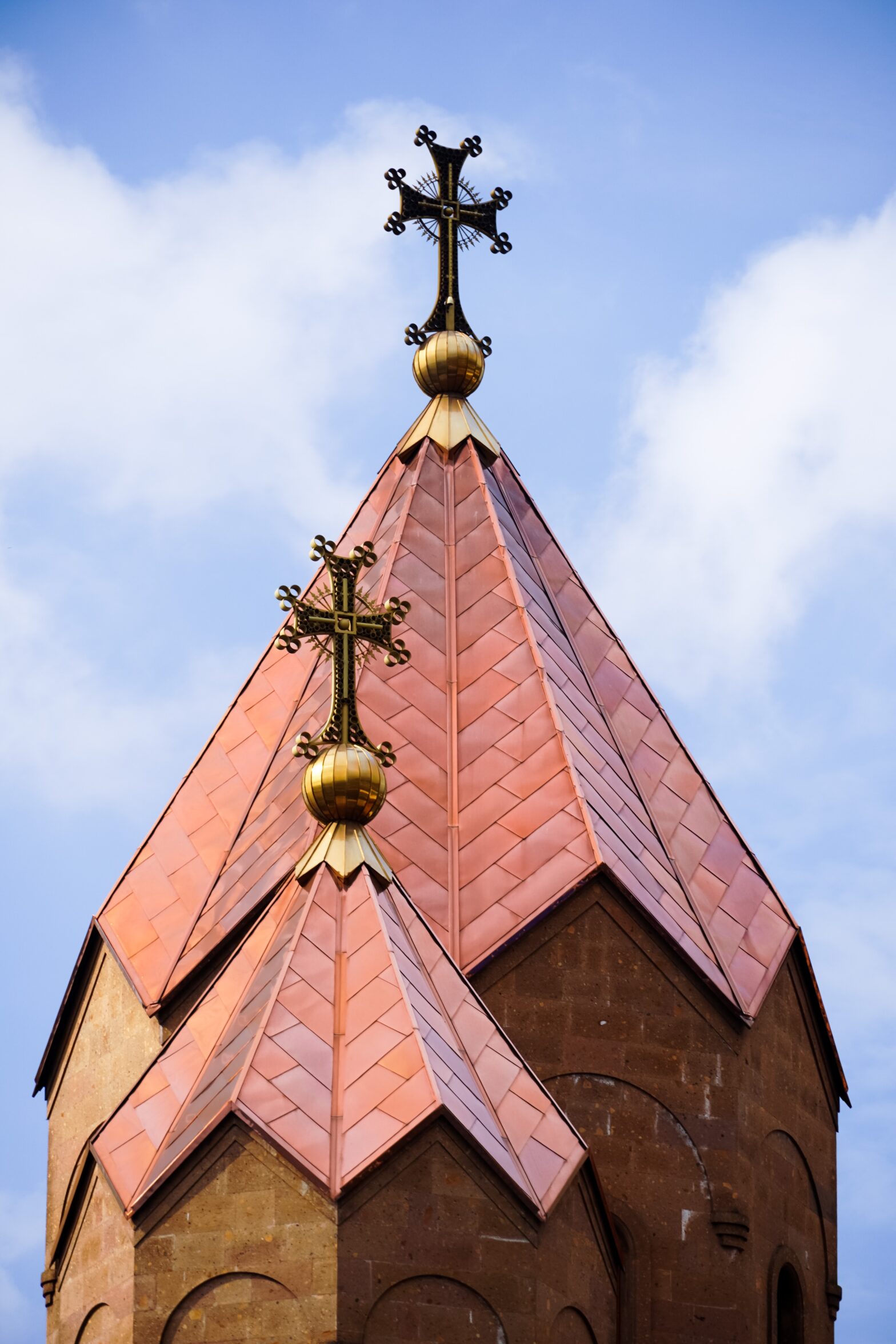10 March 2022
The Putin Conundrum
By Paul Branch

What to do about Putin, short of just giving him everything he’s currently asking for? Other solutions appear obvious but probably wouldn’t work very well. Where’s a UN peacekeeping force when you need one? And why doesn’t someone invite Russia to join NATO? More plausible but still looking remote is the possibility that his people will eventually rumble him and take action. Righteous indignation and condemnation in the Kremlin was caused last week as US Senator Lindsey Graham (Rep, South Carolina) suggested the only solution is to “take Putin down”, seemingly asking the Russian people if they were brave enough to find themselves a Brutus to rid us of Caesar Vladimir, or an assassin more successful than Claus von Stauffenberg with his failed attempt on Hitler.
Senator Graham does have a point given that Putin can no longer be trusted and therefore seems to have painted himself into a corner, in which he either dies alone or he dies in the company of most of the rest of the world. It was however an obvious point that really didn’t need making, and succeeded only in ratcheting up the temperature of an already nuclear-overheated crisis. The possibility has no doubt occurred to many Russians or other Slavic would-be assassins. And when US Secretary of State Anthony Blinken says that “nothing is off the table”, it’s doubtful that he’s referring solely to economic sanctions. Failing that, there are rumours that Putin is not a well boy and will soon succumb naturally, but the only thing wrong with him physically might be cancer of the ego.
Some religious leaders have come in for criticism for their apparent reluctance to speak out. Pope Francis got a bit of a hammering for initially merely asking for the war to stop, without going in with both barrels at Putin. The inevitable comparison was made with Pope Pius XII who still stands accused of having been Hitler’s pawn and of not intervening in the atrocities of the holocaust. As usual, there are many sides to each story so let’s take a look.
In 1933 Cardinal Eugenio Pacelli, Secretary of State to Pius XI, negotiated the Concordat between the Vatican and Germany which preserved the Church’s rights in Germany in return for not getting involved in politics. This resulted in Pacelli not condemning the Nazi invasion of Poland in 1939 after he became Pope. Cardinal Pacelli did however start gathering evidence against Hitler and drafted an Encyclical for Pius XI condemning Nazi anti-Semitic doctrines and persecution of the Catholic Church, which he arranged to have smuggled into Germany and read from Catholic pulpits in March 1937. This was bitterly opposed by the Germans as an attempt to incite rebellion by Catholics against the authority of the Third Reich, and also served (sadly to no avail) as a warning to Britain and France not to trust Hitler or try to appease him. Pacelli’s subsequent election as Pope Pius XII went down badly with the Germans, as did his numerous later speeches and Encyclicals during the war in championing human rights. The Nazis understood his messages very well, interpreting his pronouncements as unprecedented repudiation of the National Socialist New Order, but his measured diplomatic approach allowed the Church the opportunity to help endangered Jews throughout Nazi-occupied and Axis countries.
Documents from the Vatican archives released in early 2020, including a letter in 1944 from the Chief Rabbi of Bucharest thanking him for his aid to Romanian Jews, support this more benign view of the Pope’s apparent inaction. Access to the archives was stopped soon afterwards as the pandemic struck, but clearly the matter will receive much closer attention once they reopen. Ironically Pius XII also helped Russian victims of German aggression, contrasting with the view that the Pope’s apparently soft approach on Hitler resulted from the Vatican’s abhorrence of non-believing communism.
So today with Pope Francis. His lack of an initial direct repudiation of Russia’s invasion seems to be in the same vein as his predecessor – don’t stir the diplomatic pot too much and too soon if it causes more harm than good. He has though followed up with an extraordinary and unprecedented personal visit to the Russian ambassador in Rome, and gave Putin more of a papal broadside when addressing a thronged St Peter’s square at the weekend. But like Pius XII he’s walking a tightrope between outright anger and a more conciliatory tone which also buys time for the various Catholic charity agencies such as Caritas and Cafod to bring humanitarian help to Ukraine. Anything much stronger could have resulted in these charities and perhaps others being targeted and prevented from doing their essential work.
Then Russian Orthodox Church has also been criticised for its silence. Disparate factions of the global Orthodox Church throughout the world except Russia have composed a collective condemnatory open letter with some fifty signatories about Putin’s actions. Notable among them are the two factions in Ukraine: one based in Kyiv, formed in 1991 mirroring Ukraine’s political independence from Russia, and the other (the Ukrainian Orthodox Church of the Moscow Patriarchate) is loyal to the Patriarch of the Russian Orthodox Church. The two factions have never got on, their wrangling becoming more intense over Kyiv’s ecclesiastical independence from Moscow since the annexation of Crimea in 2014. But on the issue of the invasion of Ukraine they are of one mind in fiercely denouncing Russia’s actions.
Ukraine and Russia are divided by a common political history which Putin is busily rewriting in order to justify repossession. However Putin also justifies his invasion on the basis of a necessary Holy War, on two counts: firstly to repair the schism between the Ukrainian Church and the Mother Church in Moscow, claiming that the Kyiv Church was actively planning the destruction of the Moscow Patriarchate in Ukraine; and secondly to portray Mother Russia as being on the side of Good in its battle against Western Evil where he has a particular problem with many aspects of Western civilisation. But he has now forced an alignment between the two Ukrainian Churches, which he portrayed as being at warlike loggerheads, with both now speaking out against him with a single Ukrainian voice, rather than a split Ukrainian and Russian accent. This could give him a big credibility problem at home …. provided the news gets out.
At home in Moscow, Patriarch Kirill of the Russian Orthodox Church has called for peace but has laid no blame for the invasion on Putin. His is the only signature missing from the global Orthodox letter of condemnation. He is also an appointee of Putin, some say a close colleague, but in any case it would be immensely difficult both politically and personally for him to speak out forcibly against his master. The Orthodox Church in Russia went underground for the duration of the Soviet Union, so its current status is cherished and needs protection, but despite Putin’s professed love of his religion there’s no telling what the reaction might be if his Patriarch crossed him.
The Orthodox Churches in Ukraine have been joined in a united front against the Russian invader by Jews, Muslims, Catholics and Protestants alike. In modern times nothing brings together the power of diverse faiths so much as war, and maybe the combined opposition by religions of all hues will fill the vacuum of real news for ordinary Russians, and provide a solution of what to do about Putin.
tile photo: Pavel Neznanov on Unsplash


